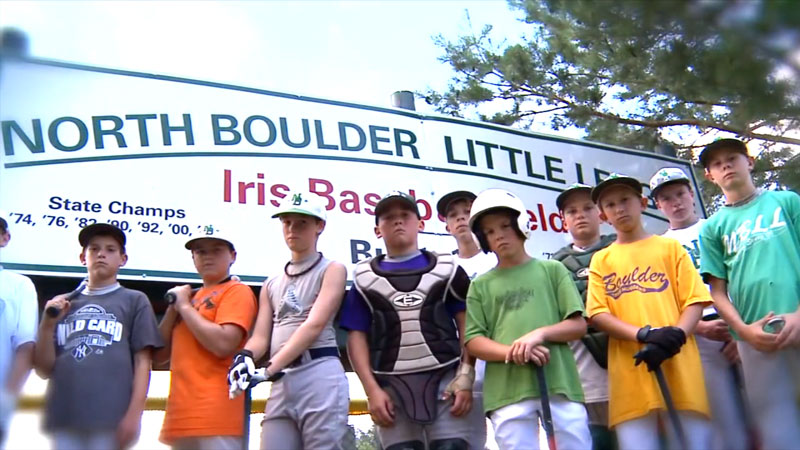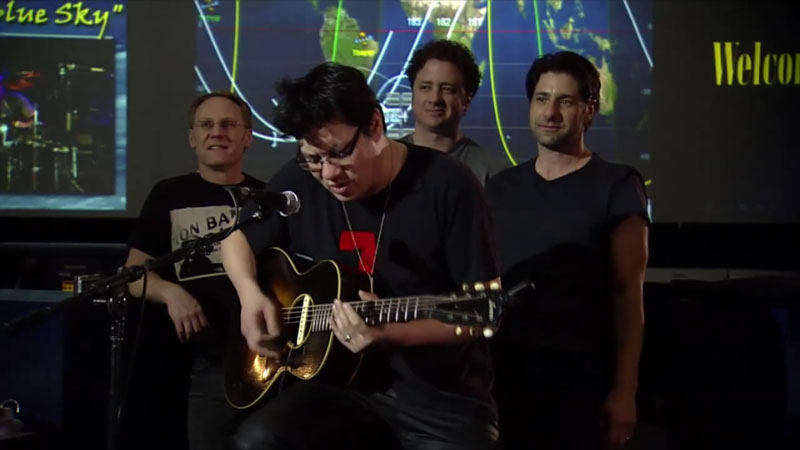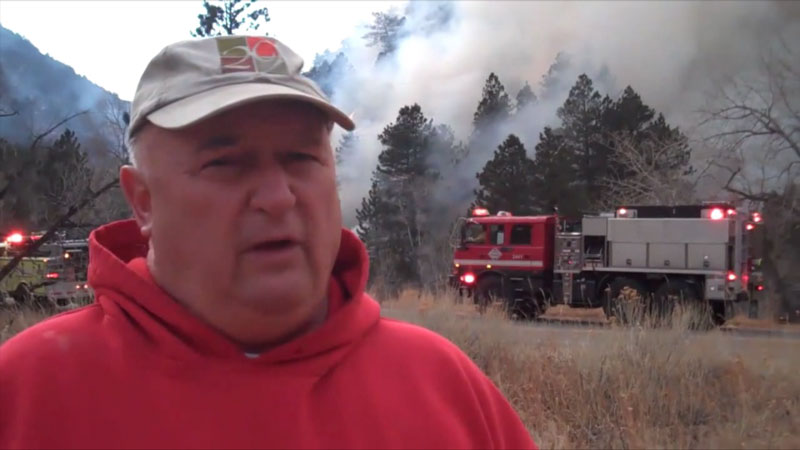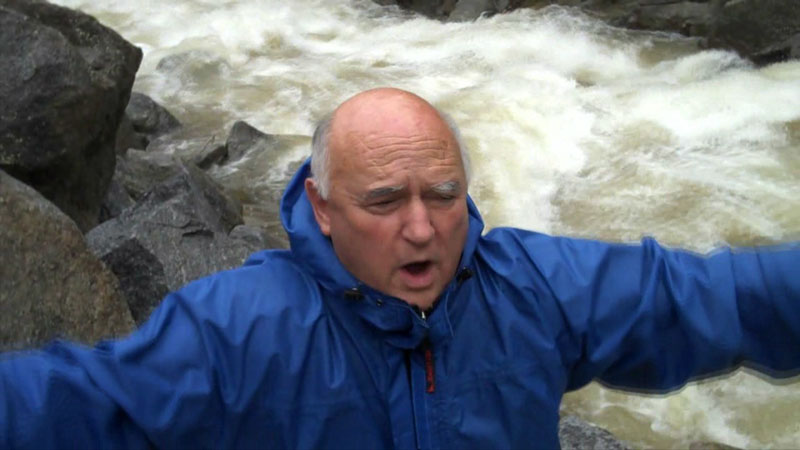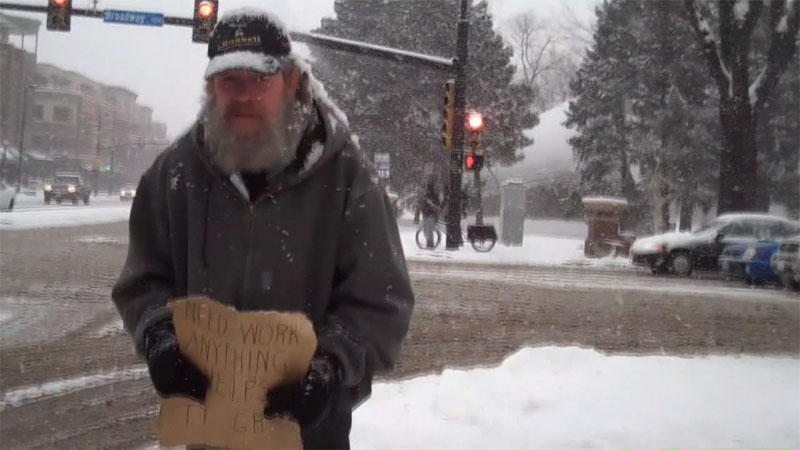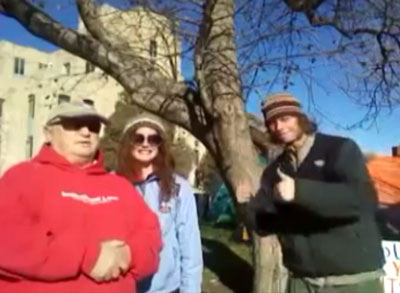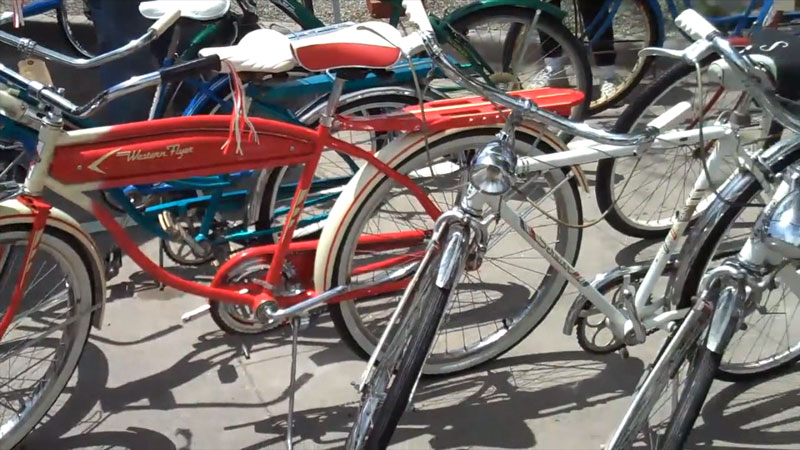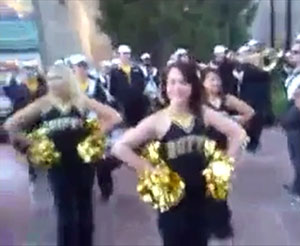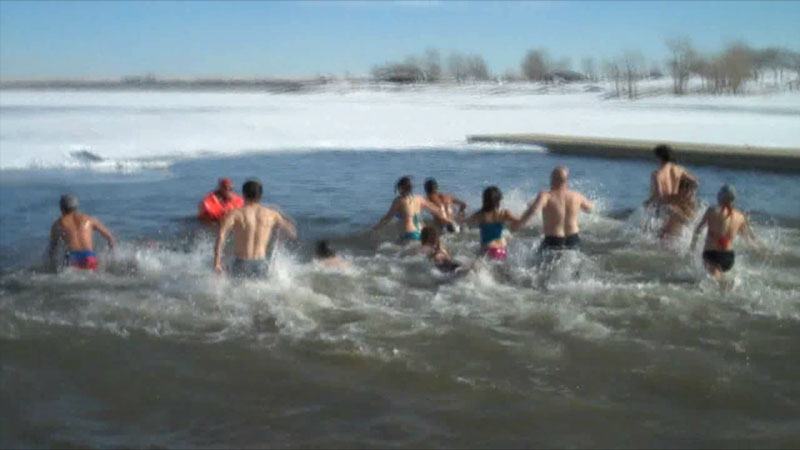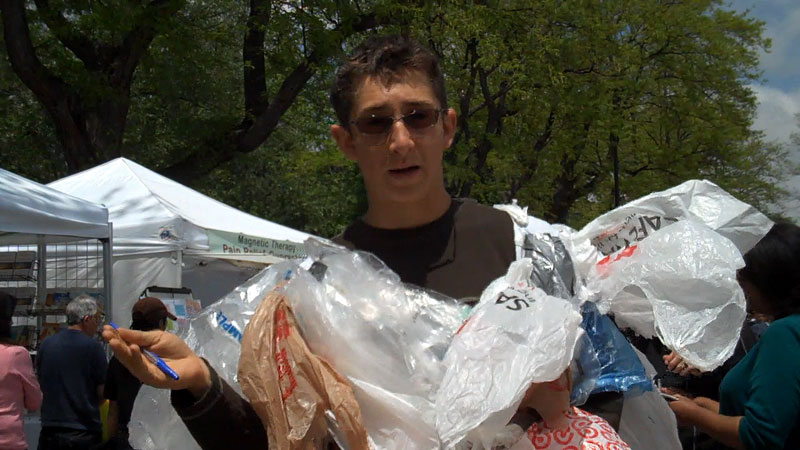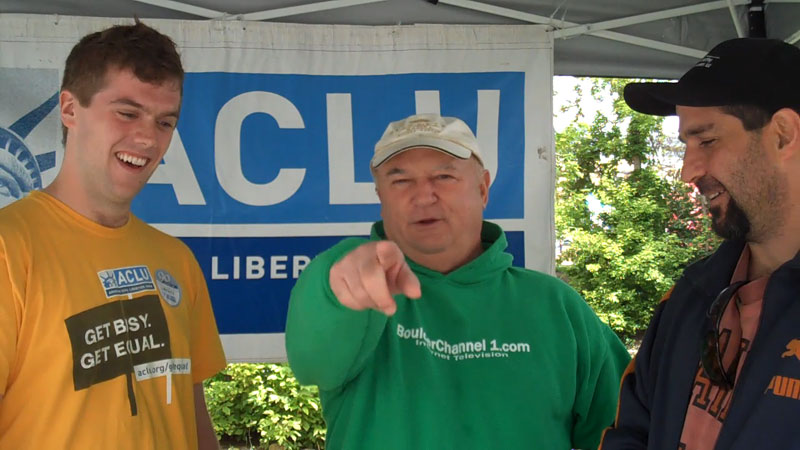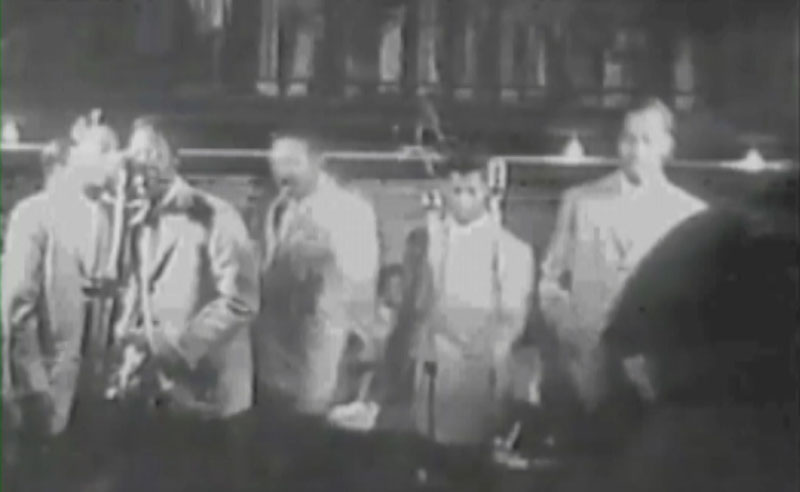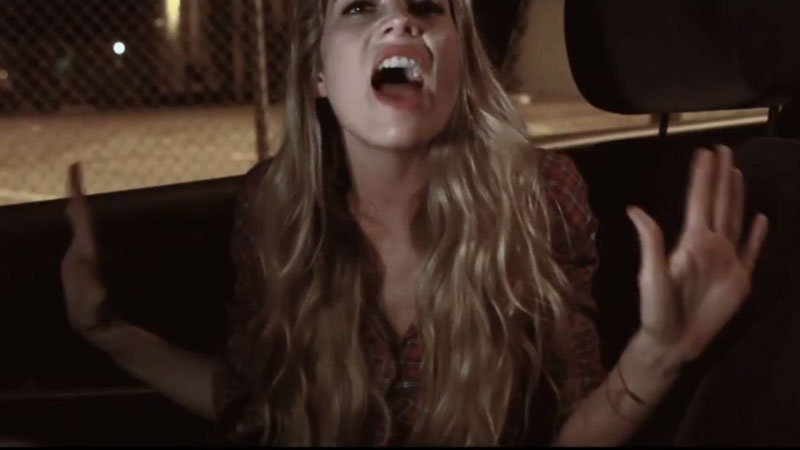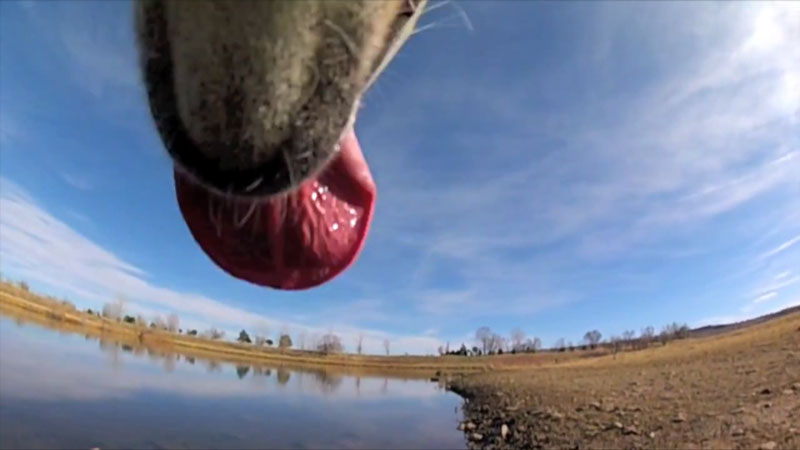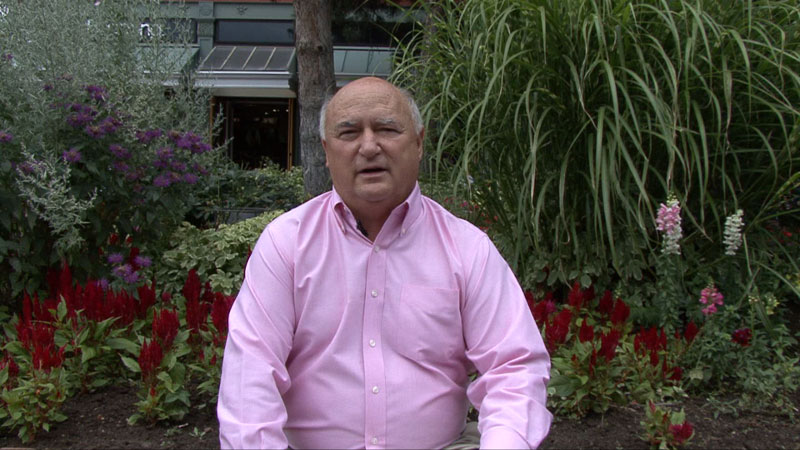Boulder police: credit card theft suspects caught on film
Dec 28th
Boulder police are trying to identify the male and female in the attached photos. Police believe the two were using a stolen credit card to make purchases at the King Soopers store located at 1650 30th St. in Boulder
The credit card was among items reported stolen from a vehicle in the 2800 block of Springdale Lane on Dec. 22. The victim had parked his vehicle around 9:00 p.m. on Dec. 21. When he returned to the vehicle the next morning, he found that the vehicle’s passenger window had been smashed. The suspect or suspects took the credit card, electronics and cash. 

Police are looking for the male and female captured on security video from King Soopers. Both suspects are white. The male was wearing a white T-shirt, jeans, a dark baseball cap and was carrying a red backpack. The female was wearing a white jacket, a hat with earflaps and sunglasses.
The case number is 11-16505.
Also, during the overnight hours of Dec. 27, there was a series of vehicle trespasses in which windows were smashed and items stolen from a number of vehicles in the Boulder area. Investigators haven’t determined whether the cases from last night are related to the case from Dec. 21.
To keep your valuables safe, police offer these safety tips:
- Always lock your car
- Park in well-lit areas
- Don’t leave any valuables in the car – take your cell phone, laptop, camera, iPod and cash/credit cards, etc. with you
- The trunk isn’t always safe; thieves often smash windows, enter the vehicle and pop the trunk
Anyone with information about these cases is asked to call the Boulder Police Department’s Tip Line at 303-441-1974. Those who have information but wish to remain anonymous may contact the Northern Colorado Crime Stoppers at 1-800-222-TIPS (8477) or 1-800-444-3776. Tips can also be submitted through the Crime Stoppers website at www.crimeshurt.com. Those submitting tips through Crime Stoppers that lead to the arrest and filing of charges on a suspect(s) may be eligible for a cash reward of up to $1,000 from Crime Stoppers.
Dirty Laundry: the Naked Curmudgeon blasts TV reporters stupid questions
Dec 28th
People have been upset with bearers of bad news at least as far back as the days of Sophocles, Euripedes and Aeschylus, the writers of tragedies in which a messenger could be killed just for bringing the king some bad news.
Nowadays, we don’t kill the journalists for giving us bad news; we seem to thrive on it and demand they give us more.
Oh, every decade or so there will be complaints that newspapers just report bad news and never good news, and some newspaper will be started that proudly proclaims it will print only good news. Then it will lose money and go out of business, because people are more interested in tragic events than in happy events … unless, of course, the events happen to them.
Remember, the Greeks invented tragedies before they invented comedies. Bad news allows us to feel good about ourselves, to feel pity for the sufferers and fear that the events could happen to us and to achieve a catharsis of those emotions.
Comedies, however, make us laugh and allow us to feel smug about our happiness. Greek tragedies were about the nobility, but comedies were about common people. Then the moralists of the 16th and 17th centuries decided that the purpose of comedy was not only to amuse and entertain, but also to instruct.
So, what would you rather read about (or more likely these days, watch on TV), the latest scandals about Washington politicians, foreign nobility and Hollywood stars or the fact that the reported number of crimes went down last month?
Bad news doesn’t usually come with the admonition that we shouldn’t act this way, but have you noticed how popular TV sit-coms usually end with a moral?
When I was young, I wanted to be a newspaper reporter. I was fascinated with the challenge of gathering all the facts about a story and then writing those facts according to journalistic formulas so that the least common denominator, Everyreader, could understand them without difficulty.
However, newspaper reporters didn’t make very much money, Woodward and Bernstein hadn’t made investigative journalism fashionable yet and the epitome of TV journalism was Edward R. Murrow, not some blow-dried performer who just reads the teleprompter.
Later, whenever any argument arose about journalism, I always defended the reporters. They were doing their job. Bad things happen. People would rather hear about bad news than good news.
News reporter messes up, calls herself stupid on… by Christian_Carrion
And yet I have become extremely upset with TV reporters and their stupid questions.
Why ask an accused criminal “Did you do it?” Do you believe a criminal will suddenly confess on national TV instead of to the police? Does another denial give the audience any more insight about the story?
Why ask anyone “How do you feel?” How do you believe anybody feels after tragically losing a loved one, surviving an accident or winning the Super Bowl?
And why do journalists insist on inserting their own opinions? I have a rule of never answering a question beginning with a negative. “Don’t you feel the proposed health plan will cost the taxpayers too much money?” is a weak way to ask for someone’s opinion, because the reporter’s opinion overshadows the question and any answer.
I have always wanted to be part of an important story, just so I could counter reporters’ stupid questions.
“Did I do it? That’s a stupid question.”
“I feel like you have just asked another stupid question.”
“Don’t you feel that by asking your question that way, you are just giving your own opinion instead of asking for mine?”
And speaking of opinions, who cares what the public believes? Why do so many TV and radio shows keep asking for public opinions? A Denver morning TV “news” program once asked, “Does it seem like you have a lot of bad hair days?” Back then people actually paid money to call in their one little vote.
Why are there so many daytime talk shows? In 1961 Jackie Gleason probably started the first prime-time TV talk show when he sat down with just one guest and they simply talked. I believe Phil Donahue established the pattern of involving audiences, taking phone calls and having guests with unusual problems or stories.
Perhaps fascination with dirty laundry is nothing more than wanting to feel fear and pity for the catharsis, being able to feel smug at the absurdity of other people’s lives and watching tragedies about the common folk for a change.
I rest my case.
The Naked Curmudgeon
Dan Culberson





